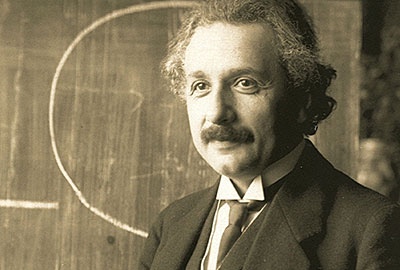 2022-05-09
2022-05-09
Spotlight: Frederick the Great of Prussia
- ArticlesandContent.com (CIRCA 2005)
- /
- Oct 8, 2021 (written 2005)
Frederick the Great of Prussia was a king of the enlightenment, who expanded Prussia, fought to protect his country, and supported the arts and literature.
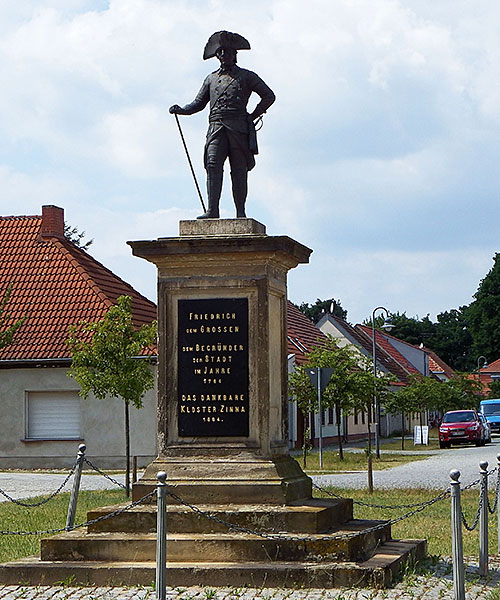
gave the town's founder
the grateful Zinna monastery
Frederick ruled Prussia in the mid-18th century, from 1740 to 1786. At its height, Prussia covered more than half of present-day Germany, stretching from The Netherlands and Belgium in the west all the way to Lithuania. Some information on the history of Prussia, as well as information on its geography is available at http://en.wikipedia.org/wiki/Kingdom_of_Prussia. It is no surprise, then, that Prussia and its king, Frederick the Great, are of substantial importance to European history of the period. While Frederick was a fine king, as a young man he not only tried to refuse the throne, but even attempted to flee Prussia. More information on Frederick the Great, King of Prussia’s youth and personal life may be found at http://en.wikipedia.org/wiki/Frederick_II_of_Prussia.
The Army of Frederick the Great
Some of Frederick the Great of Prussia’s greatest accomplishments are military. He was a fine military commander, and Prussia expanded substantially thanks to both the army of Frederick the Great and his diplomatic efforts. Frederick the Great of Prussia had many military accomplishments, but his first, and one of the most remembered was leading the army of Frederick the Great into Austria, and conquering Silesia in the Silesian wars. While the army of Frederick the Great earned historical fame, he is also remembered for acts of diplomacy, including the First Partition of Poland. The First Partition of Poland reflects not only Frederick the Great, King of Prussia’s skill as a diplomat, but also the fact that he was a good ruler and a good leader. Frederick the Great provided the people of Poland with teachers, as well as taking an interest in their well-being and requiring the crown princes of Prussia to learn Polish.
“The greatest and noblest pleasure which we have in this world is to discover new truths, and the next is to shake off old prejudices.”
Frederick the Great and the Arts
Frederick the Great of Prussia had a substantial interest in the arts of all sorts, from music and literature to visual arts and philosophy. He was a true man of the Enlightenment, and a correspondent of Voltaire’s. Frederick the Great, King of Prussia, was an accomplished flute player.
Frederick the Great, King of Prussia as a Ruler
Frederick the Great of Prussia was not only a good diplomat, an excellent military commander, and a patron of the arts, but also a just and good ruler. He established freedom of the press in Prussia, and granted religious freedoms. He made improvements to the Prussian educational system and established a code of laws.
More From People
 2022-05-09
2022-05-09
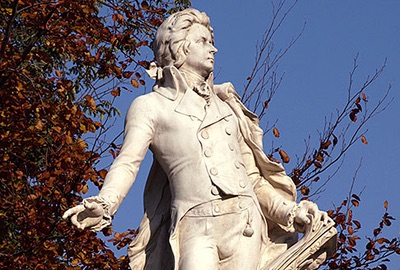 2022-05-09
2022-05-09
Spotlight: Mozart Child Prodigy
 2022-05-09
2022-05-09
Spotlight: Marco Polo A Great Venetian Explorer
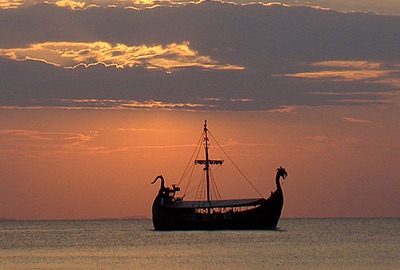 2022-05-09
2022-05-09
Spotlight: Erik the Red
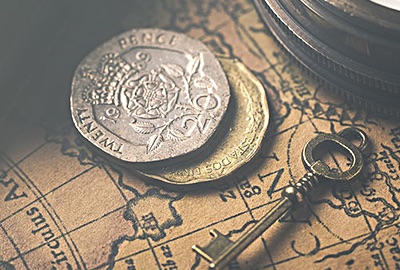 2022-05-09
2022-05-09
Spotlight: Leif Erickson
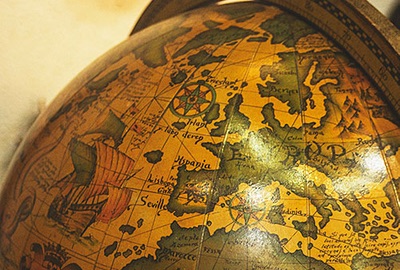 2022-05-09
2022-05-09
Spotlight: Ferdinand Magellan
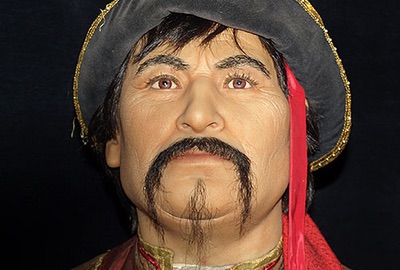 2022-05-09
2022-05-09
Spotlight: Genghis Khan
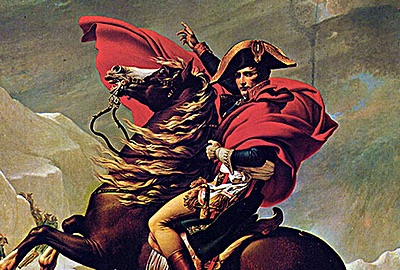 2022-05-09
2022-05-09
Spotlight: Napoleon Bonaparte
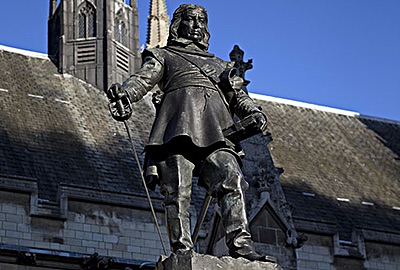 2022-05-09
2022-05-09